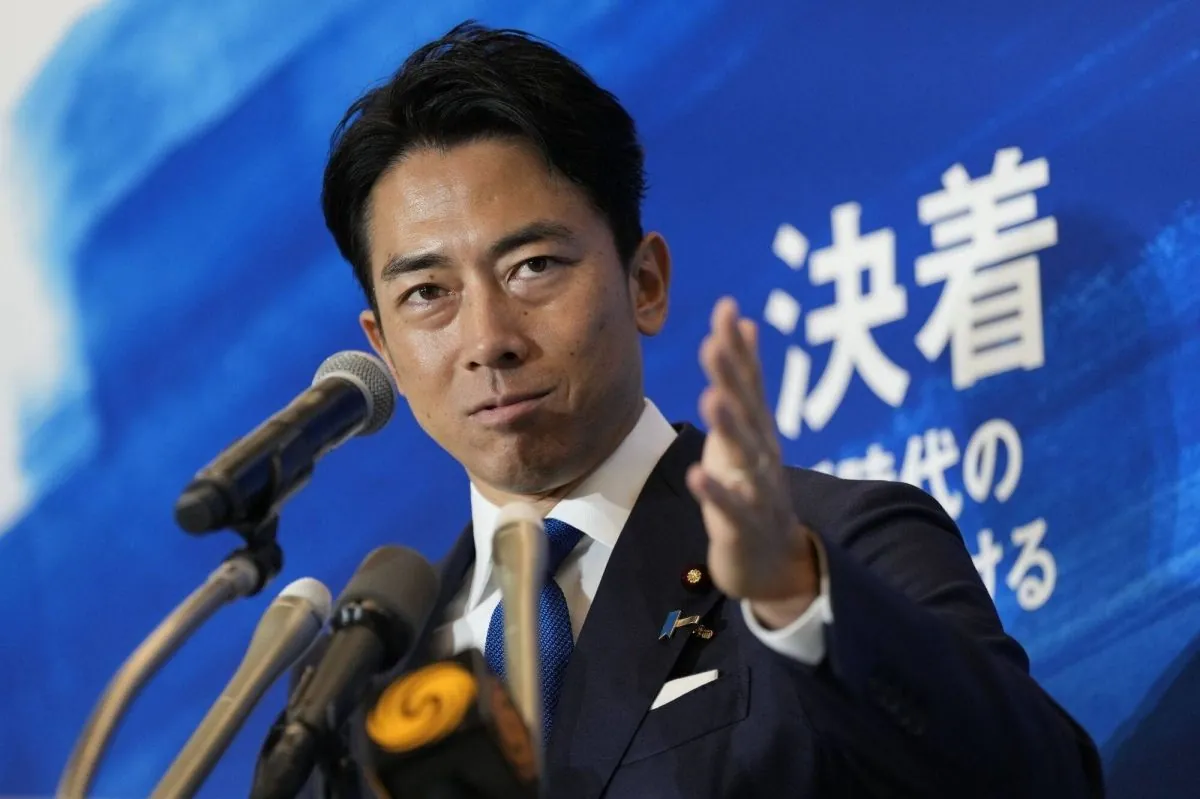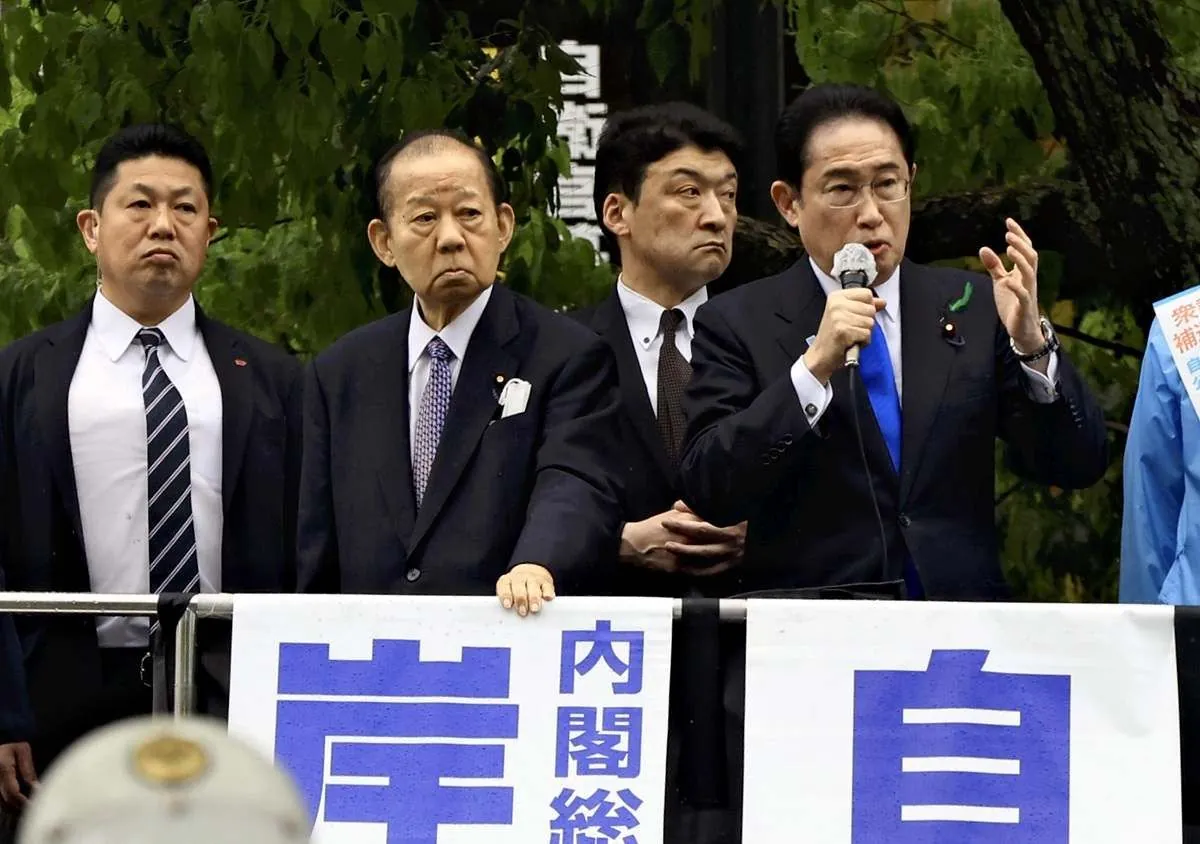Record Nine Candidates Vie for Japan's PM Role Amid LDP Reforms
Nine lawmakers enter race to lead Japan's governing party, with winner set to become prime minister. Candidates focus on reforms, security, and social issues as LDP seeks to regain public trust after scandals.

In an unprecedented move, nine Japanese lawmakers have officially entered the race to succeed Fumio Kishida as the leader of the Liberal Democratic Party (LDP) and, consequently, as Japan's prime minister. This record number of candidates reflects the party's efforts to revitalize its image following recent corruption scandals.
The LDP leadership contest, scheduled for September 27, 2024, will involve voting by party lawmakers and one million grassroots members. The winner is virtually guaranteed to become prime minister due to the LDP-led coalition's parliamentary majority. This election comes at a crucial time as Japan seeks to enhance its role in regional security, economics, and diplomacy, particularly in response to perceived threats from China, North Korea, and Russia.
Fumio Kishida, who assumed office in 2021 and advocated for increased military spending, announced his decision to step down at the end of his current three-year term in September 2024. His departure aims to allow a new leader to address the damage caused by recent corruption scandals within the party.
The diverse pool of candidates includes two women, marking a potential shift in Japan's political landscape. Among the contenders are Shigeru Ishiba, a former defense minister, and Shinjiro Koizumi, son of former Prime Minister Junichiro Koizumi. Both have emphasized their commitment to reform and addressing pressing national issues.

Ishiba highlighted the need for enhanced regional security, proposing an "Asian version of NATO" in response to North Korea's missile tests. Koizumi focused on societal reforms, including the long-debated issue of allowing married women to retain their maiden names, a topic that has been contentious within the LDP for over three decades.
Taro Kono, the current Digital Minister and a popular candidate, stressed the importance of Japan taking a more active role in regional security, stating, "Unlike past leadership elections, when we mainly discussed the shape of our country, this race is about discussing how to shape the world."
"The single fact that I'm standing here at the starting line shows there is a new LDP, and it's a big step forward."
This leadership race marks a significant departure from traditional LDP practices. Recent reforms introduced by Kishida following a money donation scandal led to the dissolution of most party factions, allowing for a more diverse range of candidates, including younger lawmakers, to participate.
The election comes as Japan grapples with numerous challenges, including a declining birthrate, economic stagnation, and increasing regional security concerns. The country's defense budget, traditionally capped at 1% of GDP, has been a topic of debate as Japan seeks to modernize its military capabilities within the constraints of its pacifist constitution.
As the candidates begin their nationwide campaign tours, they will need to address these pressing issues while also working to restore public trust in the LDP, which has been the dominant political force in Japan since 1955. The outcome of this election could significantly impact Japan's domestic and foreign policies in the coming years, potentially shaping the country's role on the global stage.


































